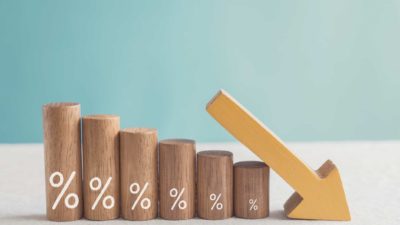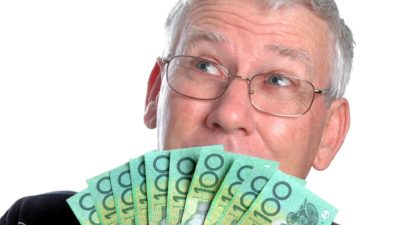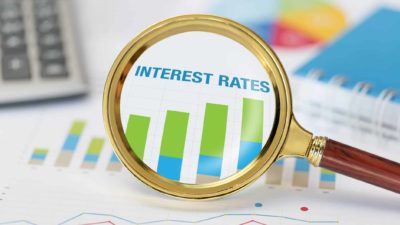It's pretty obvious that the new tariff policies that the United States announced last week have rattled investor confidence around the world. Although the S&P/ASX 200 Index (ASX: XJO) might be enjoying a recovery day this Tuesday, the Australian share market still remains down by more than 9% over 2025 to date. However, there are growing signs that consumer confidence is also dropping, and precipitously so.
Investor confidence does arguably play a large role in encouraging economic growth, but not as large a role as consumer confidence. This important aspect of economic health can dictate a lot in an economy. If Australians are less confident about the future health of the economy (and, by extension, their own jobs), they are less likely to make big purchases, such as a new home, car, or television. Instead, they are more likely to defer big purchases and save any excess cash rather than spend it.
If people aren't buying things, the outlook for the economy will remain subdued at best.
So, the fact that Australian consumer confidence has taken a tangible hit in recent weeks is not good news.
Westpac has just released its monthly Westpac–Melbourne Institute Consumer Sentiment Index report for April. And it makes for some sobering reading.
Westpac: Consumer confidence at six-month low
According to the report, the Westpac Consumer Sentiment Index dropped by a substantial 6% to 90.1 points in April. That's a fall from the 95.9-point reading from March, and it's a six-month low for this index.
The Westpac Consumer Sentiment Index uses several data inputs to arrive at its final number. These include tracking family finances in the country, analysing the health of the overall economy, and surveying Australian consumers about whether it is 'a good time to buy a major household item'.
All three indicators reportedly deteriorated between March and April.
According to Matthew Hassan, head of Australian macro-forecasting at Westpac, one overriding catalyst for this drop in consumer confidence is Trump's tariffs and their secondary effects on the stock market. Hassan stated that "Sentiment towards the economy showed a clear tariff-related deterioration".
He also stated the following:
Consumers are showing deepening unease about developments abroad. Sentiment weakened sharply over the course of the survey week, with steep falls following the 'reciprocal tariffs' announced by US President Trump on April 2…
With the situation still deteriorating, there is a clear risk of more significant sentiment declines in the months ahead…
Unease about the economic outlook has also taken some of the gloss off consumer confidence around jobs.
In slightly more positive news, Westpac also expects the Reserve Bank of Australia (RBA) to deliver a 25 basis point interest rate cut when it meets next month. It also indicated that it wouldn't be surprised to see the RBA deliver more rate cuts going forward.









